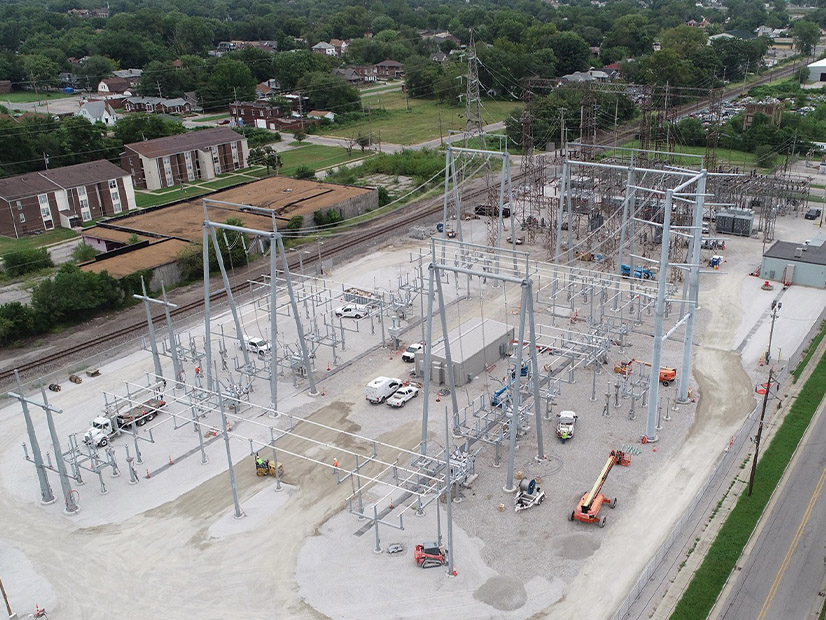The Illinois Commerce Commission last week instituted a Notice of Inquiry over the potential benefits of Ameren Illinois quitting MISO to join PJM.
The ICC’s NOI focuses on a recent Ameren Illinois study, prepared by Charles River Associates, which concluded that if all MISO Zone 4 utilities left for PJM, it would cost the State of Illinois $3.4 billion over the 10-year period from 2025 to 2034 (23-NOI-01). The firm recommended Ameren Illinois stay on with MISO after it analyzed energy trade benefits, transmission expansion costs, capacity costs, RTO administrative fees, and exit and integration fees.
“Joining PJM did result in some benefits, such as reduced emissions and increased resiliency, but these benefits are outweighed by the significant economic costs,” the study authors wrote.
Ameren commissioned the cost-benefit analysis at the behest of the ICC last July after MISO’s 2022/23 capacity auction unearthed a 1.2-GW shortfall across its Midwest region. (See MISO’s 2022/23 Capacity Auction Lays Bare Shortfalls in Midwest; MISO Reacts to Ill. Legislators’ Criticism of Capacity Shortfall.)
“Safe, reliable and affordable electricity is always top of mind at the commission, and with the ongoing changes to our power system, it makes sense for the ICC to consider how the workings of our electric grid operators are or are not benefiting Illinois consumers,” ICC Chairman Doug Scott said in a press release. “This study is a helpful resource in determining if continued participation in MISO makes the most sense for Illinois and Ameren Illinois customers.”
The ICC said that without reform, “structural market shortcomings” in MISO could lead to insufficient supply and a spike in bills for ratepayers in central and southern Illinois.
ICC’s NOI includes a three-month comment period for interested parties, with initial stakeholder comments due Oct. 2 and reply comments due Nov. 1.
The ICC said comments will “inform any future or potential commission action regarding the state’s ongoing participation in its two power grid operators.” The ICC emphasized that its NOI proceeding is not a rulemaking. It said the information it receives “may or may not form the basis for the initiation of a formal ICC rulemaking or other purposes.”
On Aug. 3, Ameren reported a profit of $237 million ($0.90/share) for the second quarter, compared with $207 million ($0.80/share) this time last year. It said more significant investments in transmission and distribution infrastructure boosted its fiscal performance.
MISO declined to comment on Ameren Illinois’ cost-benefit analysis, whether it thinks the ICC might have a change of heart on its capacity market structure if it adopts changes such as a sloped demand curve, and whether it will file comments in the NOI.




